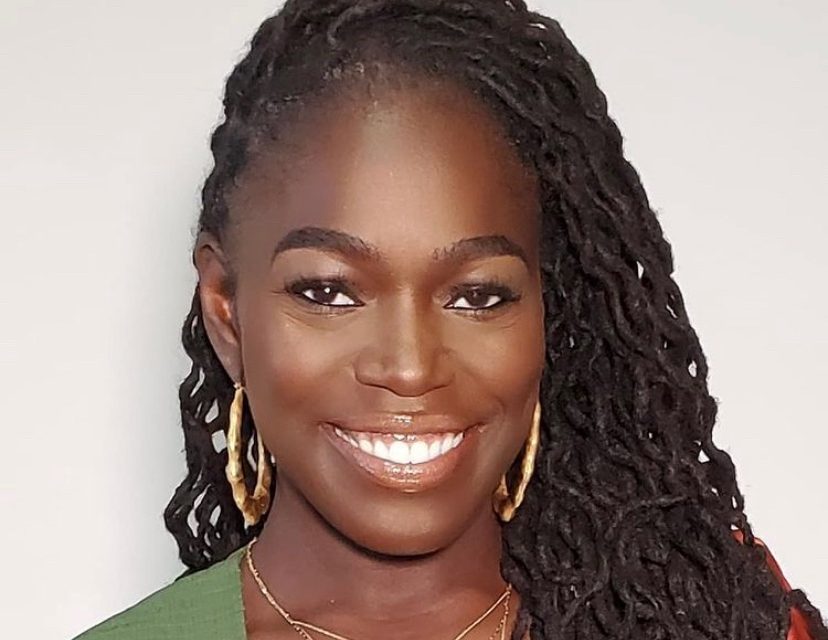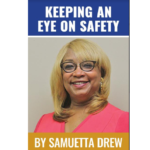By Adeola Whitney
Special to the AFRO

The Maryland State Board of Education recently made headlines with its decision to allow schools to hold back third-grade students who aren’t meeting reading standards—if parents give their consent. The plan gives parents the option to insist their children be allowed to advance to fourth grade, as long as they agree to enroll the child in a free, supplemental reading support program.
This policy underscores the urgent literacy crisis facing Black children across the country, while also validating the benefits of intervention efforts. From my experience tutoring throughout high school, college and in my first job post-college at an educational center, to my current role as the CEO of a national nonprofit committed to improving early literacy largely through the use of volunteer tutors, I’ve seen firsthand how transformative one-on-one tutoring can be for students striving to read on grade level.
Federal pandemic relief funds, states, districts and schools have been responding to the fallout from Covid-19 with “high-dosage” tutoring – a proven but often expensive approach. As those federal funds run out, national nonprofits and local community groups are stepping in to help. Our children still need “boots on the ground” to fight in the battle of improving literacy.
For the African-American community that has so often borne the brunt of systemic inequities, the need for support is especially acute. The National Assessment of Educational Progress reports that only 16 percent of Black fourth-graders are reading at a proficient level. This devastating statistic is unacceptable and should not be tolerated by a society that cares about all children. We must take immediate action to help empower Black students—and others not reading at grade level—to become confident, capable readers.
Research shows that all students, and especially Black students, benefit immensely when they see themselves reflected in their mentors. Studies have found that having a teacher of the same race can significantly narrow disparities in reading and math, decrease chronic absenteeism, and increase a student’s intent to pursue a four-year college degree.
Representation matters deeply, and to meet the holistic needs of young readers, we need more Black tutors.
The ways tutoring can transform students’ learning are well documented. Studies show that students who can read proficiently by third or fourth grade are significantly more likely to succeed in other subjects and graduate high school on time. When students who are struggling get the right interventions in the early grades, the impact is greater and puts them on a path toward success in the later grades.
In 2023-24, Reading Partners recruited and trained thousands of volunteers who provided nearly 200,000 structured tutoring sessions for students in Baltimore and 11 other regions across the country. The US Department of Education’s What Works Clearinghouse says that research on our program demonstrates the highest rating “strong evidence” of effectiveness based on a randomized control sample.
Reading Partners has been found to demonstrate “significantly greater improvement in participants’ literacy skills” compared to their other programs. A separate evaluation found that Reading Partners students improved both their reading and social-emotional learning skills.
We know how powerful it is for Black students to be able to personally relate to tutors and mentors. We are making it a priority to recruit more Black volunteers so children in Baltimore and across the country can feel represented and benefit from inclusive learning environments. Kids need to feel seen, understood and supported. When students have tutors they can relate to on a number of levels, those relationships can have an outsized impact in helping them grow, not just as readers, but as individuals with so much to offer their communities.
Whether you volunteer with Reading Partners or find another volunteer opportunity in your local community, your commitment of time and talent can transform a child’s trajectory and unlock their limitless potential.
To learn more and sign up as a volunteer tutor, please visit www.readingpartners.org/volunteer or contact volunteer@readingpartners.org.
The post Commentary: Reading is a civil right, and tutors can help make it a reality for more students appeared first on AFRO American Newspapers.











